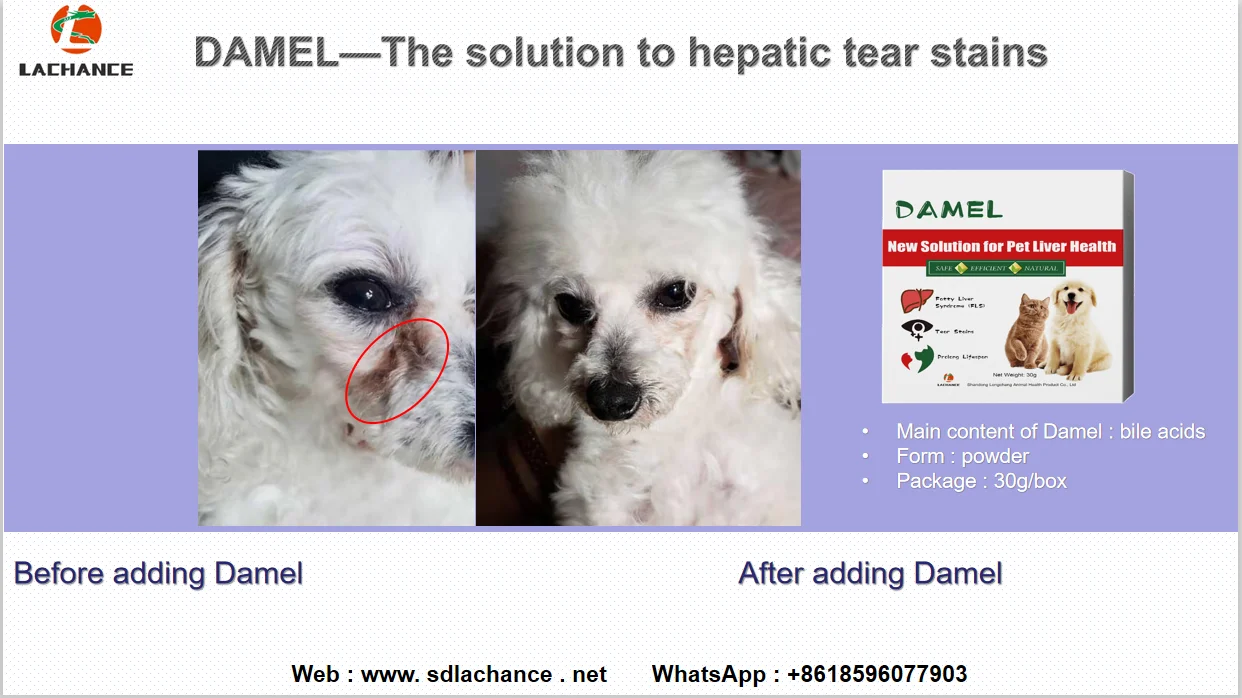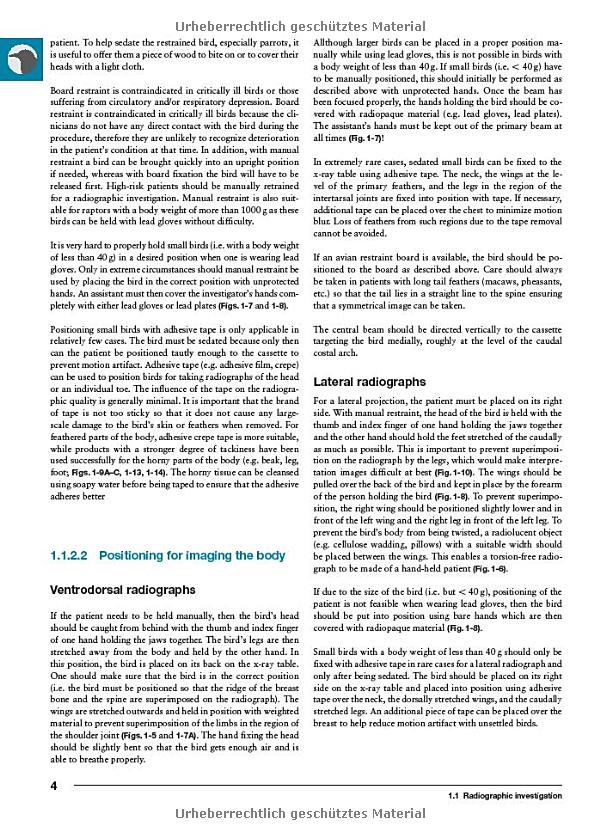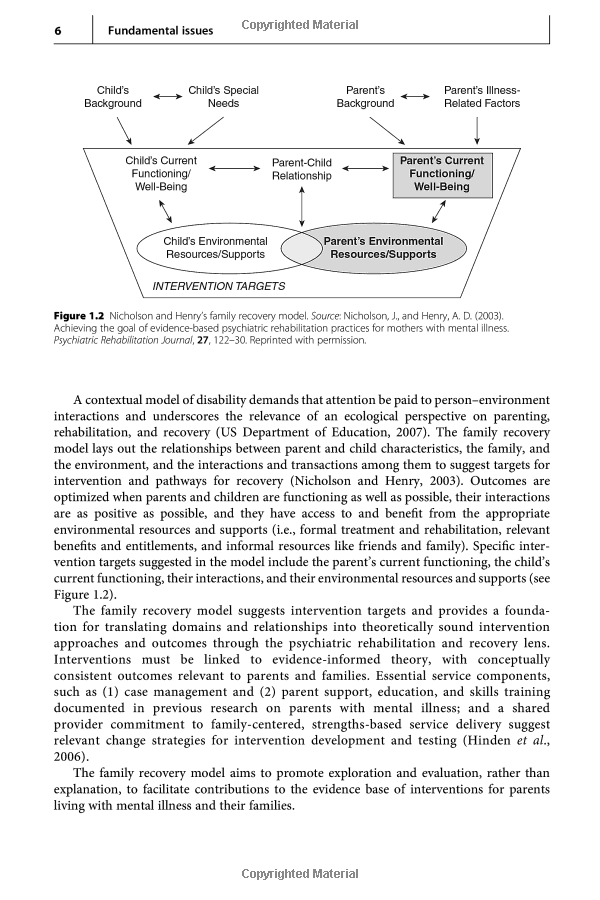Understanding the Deep Emotional Impact: Coping with Depression After the Death of a Pet
#### Depression After Death of PetLosing a pet can be one of the most heart-wrenching experiences in a person's life. The bond we share with our furry frien……
#### Depression After Death of Pet
Losing a pet can be one of the most heart-wrenching experiences in a person's life. The bond we share with our furry friends is often profound and unique, making their loss feel like losing a family member. The emotional turmoil that follows can lead to a state of grief and sadness, commonly referred to as depression after death of pet. This condition can manifest in various ways, affecting mental health and overall well-being.
#### The Bond Between Humans and Pets
Pets provide companionship, unconditional love, and emotional support. They are often seen as family members, sharing our daily lives, joys, and sorrows. When a pet passes away, the absence of their presence can leave a significant void. This loss can trigger feelings of loneliness, sadness, and despair, leading to depression after death of pet. Understanding the depth of this bond is crucial in recognizing the impact of their loss.
#### Signs of Depression After Losing a Pet
The signs of depression after death of pet can vary from person to person. Common symptoms include:
1. **Persistent Sadness**: A lingering sense of sadness that doesn’t seem to fade over time.

2. **Loss of Interest**: A disinterest in activities that once brought joy, including spending time with friends or engaging in hobbies.
3. **Sleep Disturbances**: Difficulty sleeping, insomnia, or sleeping too much can be common.
4. **Changes in Appetite**: Significant changes in eating habits, either loss of appetite or overeating.
5. **Isolation**: Withdrawing from social interactions and isolating oneself from loved ones.
6. **Physical Symptoms**: Headaches, fatigue, or other unexplained physical ailments can also occur.
#### How to Cope with Depression After the Death of a Pet

Coping with depression after death of pet requires time, patience, and self-compassion. Here are some strategies that can help:
1. **Allow Yourself to Grieve**: It’s essential to acknowledge your feelings and allow yourself to grieve. Everyone’s grieving process is unique, and it’s okay to feel sad.
2. **Talk About Your Feelings**: Sharing your emotions with friends, family, or a support group can provide comfort. Sometimes, just talking about your pet and the memories you shared can help in the healing process.
3. **Create a Memorial**: Honoring your pet’s memory through a memorial or tribute can be a therapeutic way to process your grief. This could be as simple as creating a photo album or planting a tree in their memory.
4. **Consider Professional Help**: If feelings of depression after death of pet persist and interfere with daily life, seeking help from a mental health professional can be beneficial. Therapy can provide support and coping strategies tailored to your situation.
5. **Engage in Self-Care**: Prioritize self-care activities that promote well-being. This could include exercise, meditation, or engaging in hobbies that bring joy.

6. **Be Patient with Yourself**: Healing takes time. Be gentle with yourself and allow the grieving process to unfold naturally.
#### Conclusion
Experiencing depression after death of pet is a natural response to losing a beloved companion. Recognizing the signs and understanding the emotional impact can help in navigating the grieving process. By allowing yourself to grieve, seeking support, and engaging in self-care, you can begin to heal and cherish the memories of your pet while moving forward in a positive way. Remember, it’s okay to seek help, and you are not alone in your journey of grief.